What is Payment
Technology
Payment technology encompasses
the infrastructure and systems that
enable the transfer of monetary
value between individuals,
businesses, and financial institutions.
It includes a wide array of tools,
platforms,and methodologies
designed to facilitate secure and
efficient transactions in both
physical and digital environments.

This volume will
cover:
Introduction to
Payments Technology

Payment technology drives global commerce, enabling transactions from retail to international transfers, fostering seamless economic interactions worldwide.

The evolution of payments technology has been characterized by innovation and technological advancements.

Transaction Process include Execution,Regulatory Framework, Compliance Standards Regulatory Authorities,Improved Market Access.

Know More

Payment Methods Evolution
- Transition from cash/checks to electronic methods like cards, mobile payments.
- Rise of digital currencies and decentralized finance.

Security and Fraud Prevention
- Authentication methods (biometric, tokenization).
- Fraud detection and prevention technologies.
- Encryption standards and data protection regulations.

Global Payment Infrastructure
- Cross-border payment systems and international remittances.
- Real-time settlement networks.
- Interoperability between different payment platforms and currencies.

Mobile Payments and Digital Wallets
- Growth of mobile payment usage and adoption.
- Features and functionalities of digital wallets.
- Integration of payment technology with wearable devices.

Technological Innovations
- Integration of AI and machine learning in payment systems.
- Advancements in blockchain technology and its applications in payments.
- IoT and its role in enabling connected payments.

User Experience and Convenience
- Enhancing the user interface and user experience in payment applications.
- Contactless payments and the rise of frictionless transactions.
- Personalization and customization of payment experiences.

Ethical and Social Implications
- Addressing concerns around data privacy and consumer protection.
- Ethical considerations in the design and implementation of payment technologies.
- Social impact of payment innovations on communities and societies.
Payments Technologies

Embracing the
Payments
Revolution
payments landscape continues to evolve, fueled by advances in artificial intelligence, blockchain, and digital identity verification, the future promises even greater innovation and disruption across the financial services industry. From contactless payments and real-time settlements to seamless cross-border transactions and decentralized finance, the possibilities are limitless for shaping the next generation of payments technology.
The Rise of Payments
Technology
Payment Tech Evolution: Redefining Transactions in the Digital Age

In today’s interconnected world, payments technology represents the infrastructure and systems that enable the transfer of monetary value between individuals, businesses, and financial institutions. It encompasses a wide array of tools, platforms, and methodologies designed to facilitate secure and efficient transactions in both physical and digital environments.
Payment Technologies: Democratizing Transactions, Empowering Financial Independence
Empowering Economic
Transactions
Moreover, payments technology plays a pivotal role in driving financial inclusion by providing underserved populations with access to formal banking services and electronic payment solutions. Mobile money platforms, for instance, have revolutionized the way individuals in emerging markets manage their finances and conduct transactions, fostering economic empowerment and financial independence.

Future Trends and
Innovations
Payment technology's potential for inclusion, efficiency, innovation, and security fosters global finance empowerment. From mobile payments to blockchain, it revolutionizes transactions, ensuring broader access.

As the payments landscape continues to evolve, fueled by advances in artificial intelligence, blockchain, and digital identity verification, the future promises even greater innovation and disruption across the financial services industry. From contactless payments and real-time settlements to seamless cross-border transactions and decentralized finance, the possibilities are limitless for shaping the next generation of payments technology.













